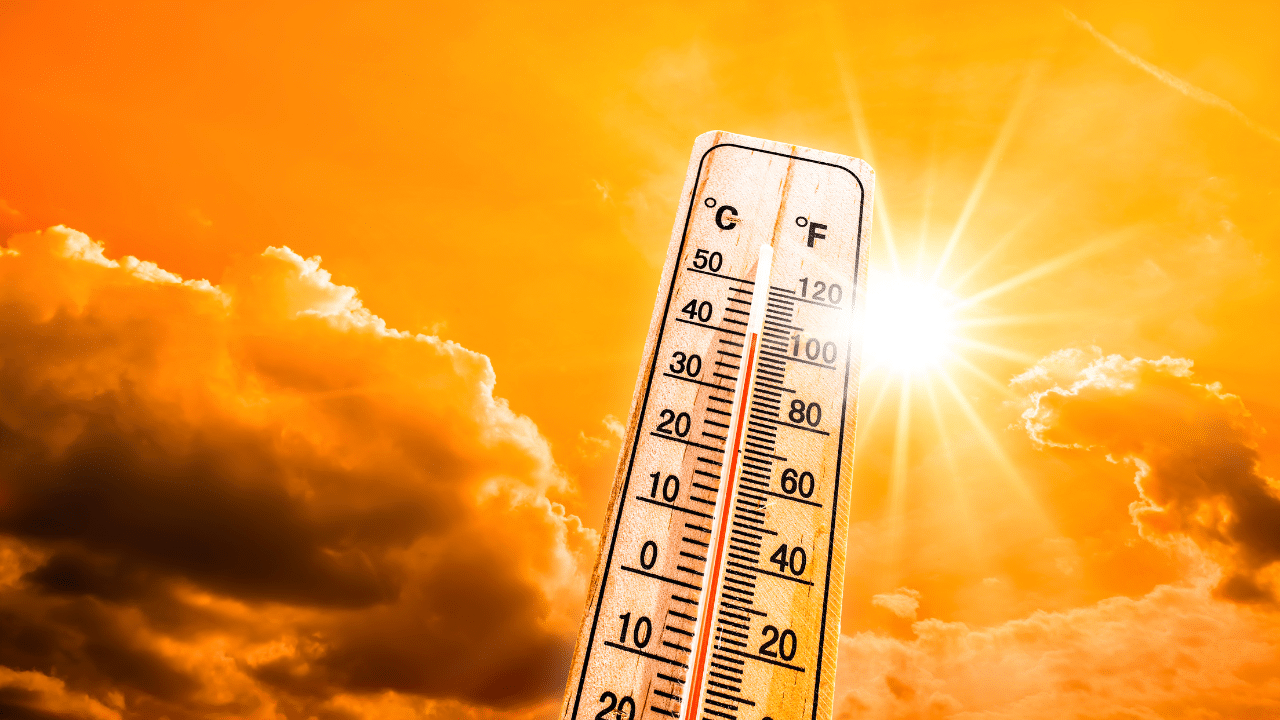Beating the Heat: Prioritizing Technician Safety in a Heat Wave

When the summer sun is blazing and the temperatures are soaring, it’s crucial to prioritize safety, especially for technicians who work outdoors. Heat stress is a serious concern during a heat wave, and staying cool and hydrated is essential to prevent potential health risks. Smart Care and our family of operating companies understand the importance of keeping technicians safe and comfortable, even in the hottest of conditions. In this post, we will discuss how to beat the heat, stay hydrated, and what Smart Care does to ensure our technicians are protected during a heat wave.
Understanding Heat Stress and Its Dangers
Heat stress emerges when the body’s mechanisms to cool itself, primarily through sweating and blood circulation, are overwhelmed by external temperatures. This imbalance can trigger a cascade of heat-related illnesses, ranging from mild symptoms such as heat rash and heat cramps to more severe conditions like heat exhaustion and, in extreme cases, heat stroke. Key indicators of heat stress include excessive sweating, weakness, dizziness, headache, muscle cramps, and nausea. Early recognition and intervention are vital in managing heat stress, emphasizing the need for preventative measures and prompt action at the first sign of distress.
“One of the main tips we constantly stress to our field crews is that no one knows your reaction to heat stress better than you, and that is the best tool you can have. Listen to what your body is saying, take frequent breaks out of the sun as needed to cool down, stay well hydrated, and seek immediate attention with the first symptoms of heat exhaustion,” says Luke Murphy, General Manager of Construction at 5-Star Refrigeration, a Smart Care company.
The Importance of Hydration
Hydration plays a pivotal role in combating the dangers of heat stress. Drinking water regularly throughout the day, even before the onset of thirst, is crucial for maintaining balance in the body’s temperature regulation. Energy drinks and coffee should be avoided as they can exacerbate dehydration rather than alleviate it. Joe King, Install Superintendent for Keyes Refrigeration, a Smart care company, says, “The biggest thing to remember is that if you stop sweating, that’s your body’s way of telling you you’re headed for a heat stroke.”
Smart Gear for Beating the Heat
To support our technicians in managing the sweltering summer conditions, Smart Care has invested in a collection of Personal Protective Equipment (PPE) designed specifically for heat relief. Among these tools are cooling towels, headbands and vests, which utilize evaporative cooling. These items are not only effective in reducing body temperature but also in enhancing comfort and focus during high-temperature tasks. By incorporating such gear into their daily routines, our technicians are not only prepared to face the heat but are also equipped with the tools necessary to do so safely and efficiently.
Strategies for Outdoor Work
For those facing the rigors of outdoor tasks, adopting effective strategies is essential for mitigating heat’s impact. Prioritizing regular hydration breaks is crucial. Stepping into the cool refuge of a van or air-conditioned building for a water break can dramatically reduce the risk of overheating. Leveraging umbrellas can significantly shield technicians from direct sunlight, particularly during peak sun exposure hours on rooftops. Embracing the early mornings or later parts of the afternoon for labor-intensive activities can also help avoid the day’s highest temperatures. Wearing light-colored, loose-fitting clothing further aids in reflecting the sun’s rays rather than absorbing them, enhancing the body’s ability to stay cool.
Communication and Wellness Checks
In the throes of a heat wave, keeping lines of communication open between team members and supervisors is not just beneficial; it’s critical for health and safety. “A lot of our heat stress here in Florida happens on the roof tops, so we always stay hydrated, use cooling rags around our necks, use a shade umbrella, and always have someone call and check on you every hour while working on the roof,” says Bob Watson, Lead Service Technician at Smart Care.
Regularly scheduled wellness checks serve as a proactive measure, reminding technicians to pause, assess their well-being, and communicate any needs for rest or rehydration. Encouraging such dialogue reinforces the importance of support among colleagues and emphasizes that safety is a collective responsibility.
Conclusion
The well-being of our technicians during extreme heat is a primary focus for Smart Care and our operating companies. Emphasizing the essentials of hydration, innovative cooling PPE, effective work strategies in the heat, and the importance of ongoing wellness checks embodies our comprehensive approach to heat safety. Through these practices, we safeguard our team members from the dangers associated with high temperatures and foster a culture that prioritizes health and safety above all else.
